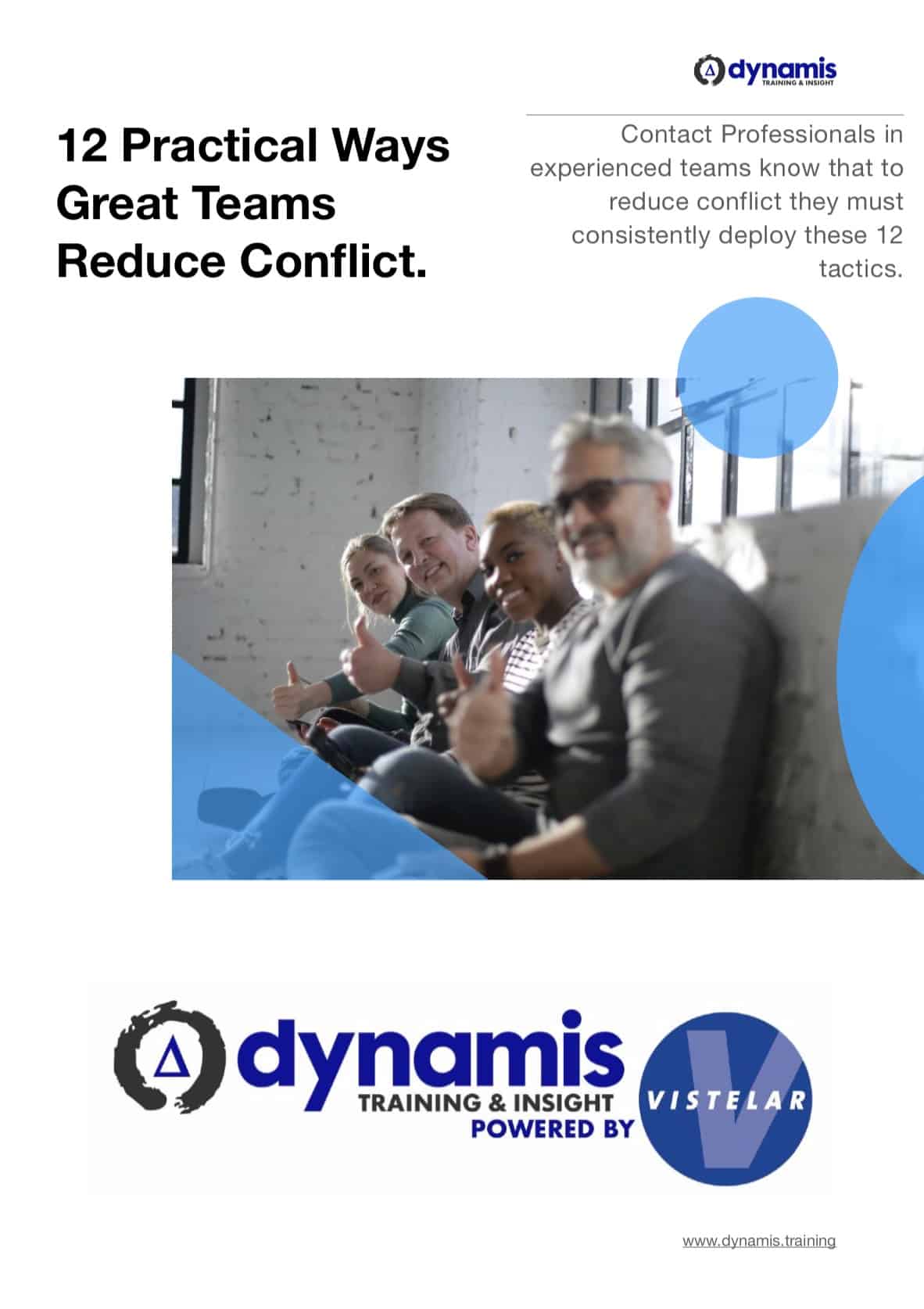Should we be so surprised at the revelations at Medway Secure Training Centre in England last week? (Panorama goes undercover at young offenders’ unit – BBC …)
One important barometer of the level of training and support that staff are receiving at an institution, care home or school is how they talk about their work, their clients, students or service users and of course how they talk to them. People’s verbalisation skills will reveal two things: their level of practice and their level of supervision.
A CULTURE OF PRACTICE
If staff are not embedded in a culture of practice (see Doug Lemov “Practice Perfect”) then it is unlikely the behavioural interventions the staff make every day will not get better, more effective, more impactful on the people they are looking after.
Staff will merely be embedding the things they are doing (whether they get a good result or not) as habitual responses to the issues that arise in their work.
“Practice does not make perfect. Only perfect practice makes perfect”
“Practice does not make perfect. Practice just makes permanent”
For secure training centre staff, their primary activity through their working day is dealing with resistant or challenging or rude behaviour from young people. Most training in this area is patchy, at best, most particularly in how it is embedded in the ‘practice’ of the workplace after the training event itself has concluded.
It is maybe the case that once a person has done 1 day or 4 days or 2 weeks of conflict management training, they are certified and can go out to work with children in this setting, BUT there isn’t a set of skills in the world as complex as negotiating with teenagers that can be effectively “taught” in a few days or learned a couple of weeks.
Treating People with Dignity by Showing them Respect is one of the core values that drives our conflict management method here at Dynamis (through our conflict management methodology Verbal Defense and Influence). This value has to be embodied in every interaction, and for contact professionals who have to deal with people in their worst moments, it is a value that must be practiced and practiced.
Arguably, the most important thing that needs to happen immediately after a restraint intervention such as the ones recorded in the programme, is a series of feedback sessions (call it debriefing if you must) where each aspect of the officer’s response to the child’s behaviour is measured against a rubric of performance standards and then helpful, immediately actionable feedback is then given to the ‘officer’ AND THEN PRACTICED.
PUTTING VALUES INTO ACTION
If the conflict management/verbal communications tactics were being embodied, taught and practiced effectively within an institution then you would hear “values in action” through what the staff are saying and doing when confronted by challenging situations.
In Verbal Defense and Influence, trainer Gary Klugiewicz has placed one tenet at the core of the methodology:
“Proper response requires that an officer remains alert, be decisive, and have a preplanned practiced response in mind.”
Proper responses don’t just materialise, they have to be embodied by leaders, supported by the messaging of leadership through to the front line and then supported by this culture of practice, both within training events and in the operational context which comes after.
To learn more about how we do this in Verbal Defense and Influence, why not join us? We will be holding our first-ever UK instructor certification course which is happening towards the end of 2016.
#bbcpanorama


